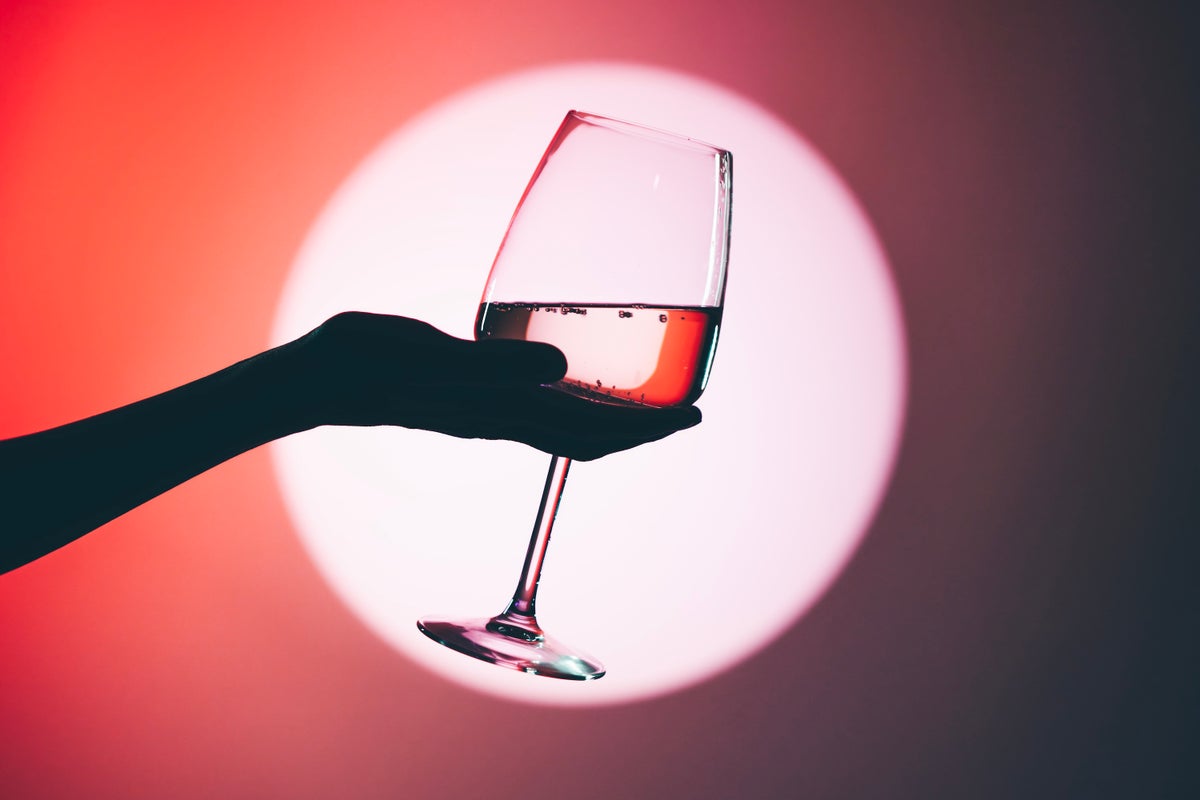
"Some people taking popular new diabetes and weight-loss drugs including Ozempic, Wegovy, Zepbound and Mounjaro have reported reduced cravings for substances besides food. The medications seem to dampen the effects of drugs ranging from nicotine to alcoholbut scientists haven't been able to fully figure out why. A recent preliminary study in Scientific Reports offers clues to how the new class of drugs may make people drink less alcoholand feel less drunk when they do."
"There's a lot of action in the brain, but what we were trying to argue in our paper is that there also is probably action in the gut, says study co-author Alex DiFeliceantonio, an appetitive neuroscientist at Virginia Tech. We need to look at both to really fully understand how these drugs are working to reduce the intake of substances with abuse liability."
"Scientists largely agree that the primary way GLP-1 drugs cause weight loss is through their effects on feelings of satiety in the braincausing people to feel full faster and ultimately eat smaller meals. Past evidence suggests the brain's pleasure and satiety pathways overlap, which has spurred researchers to propose that the GLP-1 drugs may be also quieting reward signals key in certain addictive behaviors, such as drinking alcohol."
Some people taking GLP-1 diabetes and weight-loss drugs such as Ozempic, Wegovy, Zepbound and Mounjaro report reduced cravings for substances beyond food, including nicotine and alcohol. GLP-1 drugs mimic the gut hormone glucagon-like peptide 1, promote insulin release, and induce satiety by acting on brain pathways that make people feel full faster. Overlap between pleasure and satiety circuits suggests GLP-1 drugs may dampen reward signals involved in addictive behaviors. GLP-1 drugs also slow gastric emptying, altering alcohol absorption and reducing peak intoxication. Considering both brain and gut mechanisms could expand treatment approaches for alcohol use disorder.
Read at www.scientificamerican.com
Unable to calculate read time
Collection
[
|
...
]